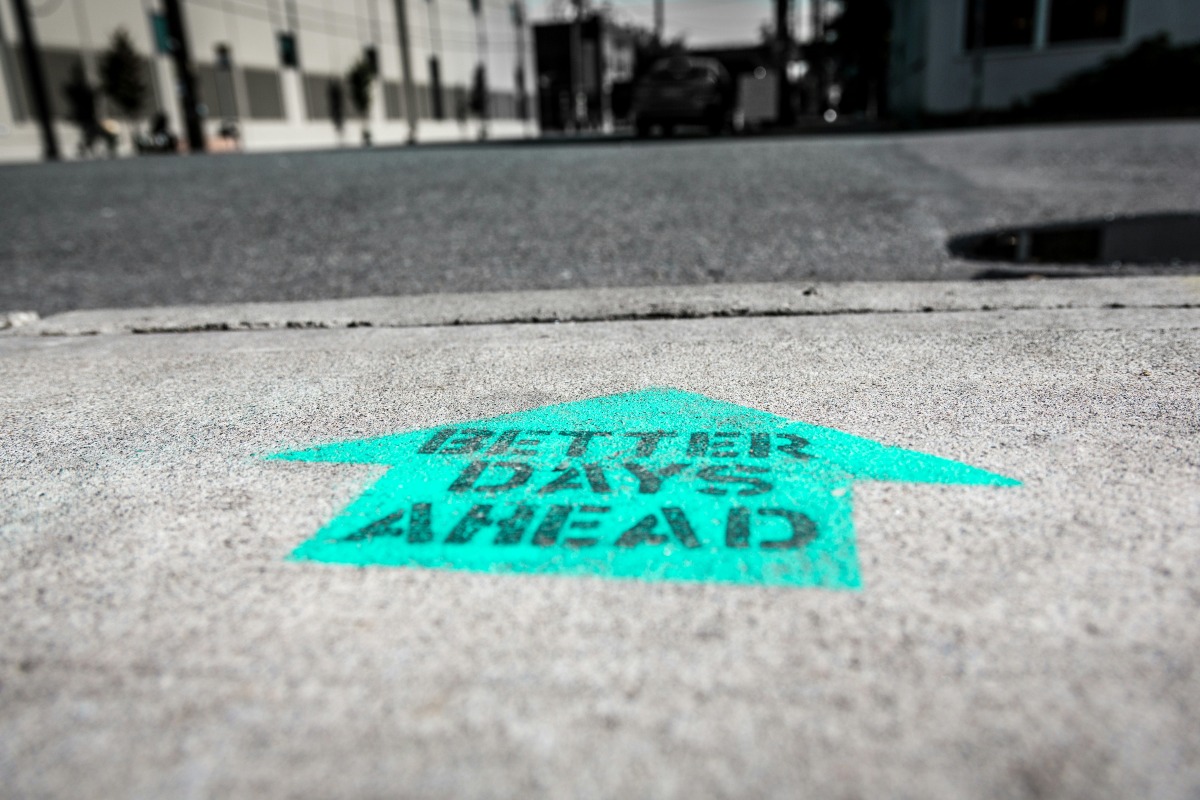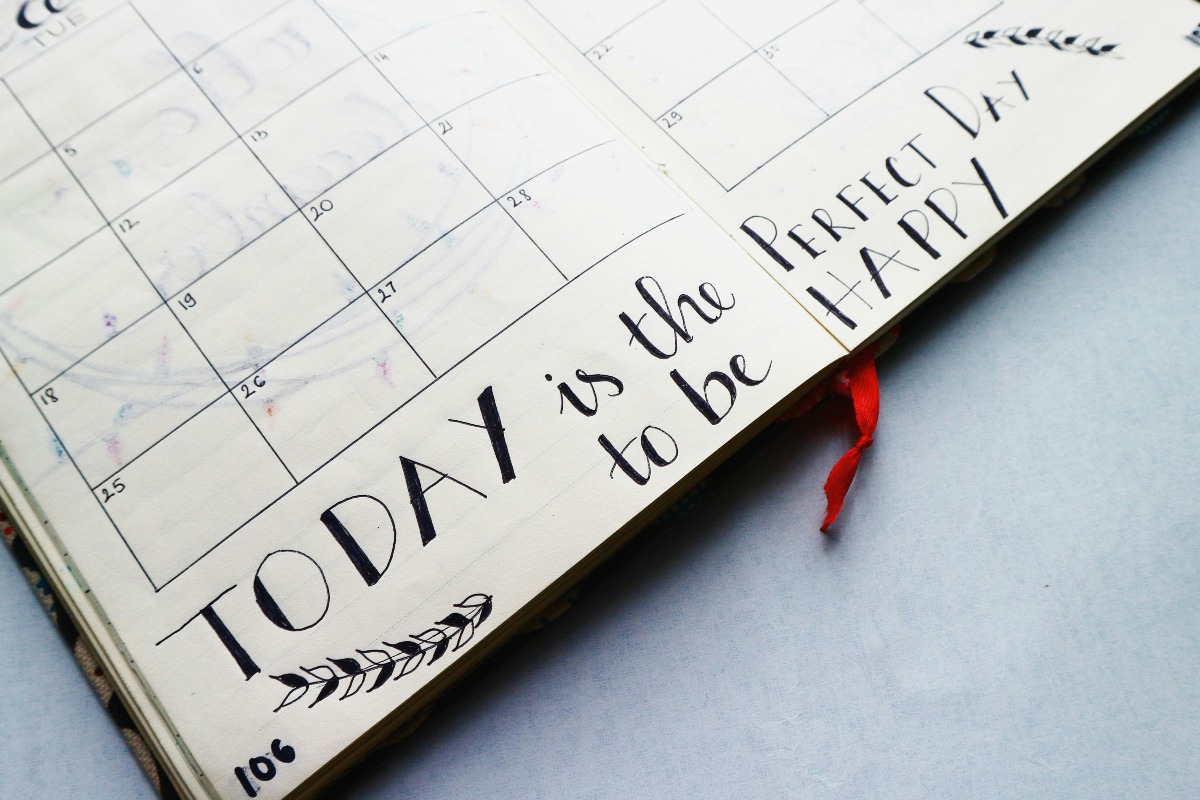Experiencing anxiety is common, and everyone has experienced some level of anxiety at some point in their lives. For those living with anxiety disorders, however, these feelings of anxiety can not just be much more common, affecting daily life and leaving persistent difficult feelings that affect a person’s overall health and behaviors, but they may also experience these feelings much more intensely. However, that doesn’t mean that all anxiety is bad. Rather, there is a difference between healthy and unhealthy anxiety. Being able to recognize the difference between healthy and unhealthy anxiety is necessary to know when to consider the help of treatment centers in Hawaii to address unhealthy anxiety and heal.
Exploring the Effects of Healthy Anxiety
The idea that there can be a “healthy” level of anxiety can be new to many. Anxiety is often seen as a wholly negative feeling, bringing discomfort, fear, and panic into daily life. However, that doesn’t necessarily mean that feeling this way is always bad, with anxiety possibly having many positive effects.
Improves Focus
Anxiety can cause an individual to fixate on a problem at hand. This intense focus can cause an individual to take dedicated, focused steps toward achieving a goal, whether solving a problem or finding a new way of thinking about a stressful situation. Being focused on a problem can also cause those experiencing anxiety to explore these problems or situations in new ways, forcing an individual to be more flexible in the face of stress to find a way to not only address feelings of anxiety but even adopt new ways of thinking.
Anxiety as a Motivator
Feelings of anxiety can also be a great motivator to prevent a person from being distracted and force an individual to prepare for difficult situations, such as exams, workplace responsibilities, and more. It can be difficult to shake anxiety-inducing tasks or thoughts from a person’s mind. An individual is often compelled to take action to address the sources of this anxiety, preventing procrastination and causing those experiencing anxiety to confront the source of such feelings head-on.
Builds Resilience
Experiencing multiple anxiety-inducing stresses throughout life is common. However, experiencing anxiety and then successfully navigating the situation and overcoming these feelings, either through finding a new way to address a situation or through improving performance such as doing well on a test, can inform future experiences with anxiety. Safely navigating anxiety can improve a person’s resilience to future stressful events.
Prompts Positive Change
Experiencing a degree of healthy, or at least not overtly destructive, anxiety can also be a motivator that prompts dedicated positive change. An individual may make decisions after feeling anxious to prevent the feeling in the future or to prevent the feeling from continuing to affect daily life. Making changes such as getting enough sleep that night, eliminating caffeine from a person’s diet, or prompting an individual to engage in more self-care or explore healthier daily habits to address feelings of anxiety.
Simply experiencing a degree of anxiety in daily life is completely normal, and a universal experience for those navigating the stresses of daily life. Whether from personal sources, professional sources, academic stresses, and much more, anxiety itself is common. Some degree of anxiety is also a positive thing, helping a person navigate stressful situations and focus on difficult tasks to overcome them.
However, not all anxiety necessarily falls into this category of “healthy anxiety.” Recognizing when an individual is moving from experiencing a healthy level of anxiety to unhealthy anxiety is necessary to explore the effects of potential anxiety disorders and unhealthy coping strategies, and to make dedicated changes to address these feelings for a healthier emotional state.
What Is Unhealthy Anxiety?
Finding the line between healthy and unhealthy anxiety can be complicated, and each person will have a different threshold for how much anxiety feels like “too much.” Healthy anxiety can feel very uncomfortable while still retaining some positive effects on a person’s goals. Unhealthy anxiety is commonly a form of anxiety that moves from stressful but focused to actively debilitating. This form of anxiety may no longer present potentially positive outcomes but rather actively hinders a person’s ability to tend to stressful situations.
Recognizing the signs of unhealthy anxiety and understanding how it can further affect daily life is necessary to explore when a person may be experiencing this kind of unhealthy anxiety, and even when professional treatment to address mental health and anxiety disorders may be necessary.
The Signs of Unhealthy Anxiety
Every person will experience anxiety differently, and there is no one, single, “universal” way to feel anxious about something. Likewise, each person may feel anxious about different things, making it a very personal experience. Unhealthy anxiety can affect not just a person’s mental health, but their emotional wellbeing, physical health, and even behaviors. Recognizing when a line has been crossed and a person feels unhealthy anxiety is paramount. While each person will have their own journey with anxiety, especially with unhealthy anxiety as anxiety disorders may manifest, there are some common signs that an individual may be experiencing its negative effects in daily life.
Persistent Worry or Fear
An individual living with dangerous levels of unhealthy anxiety may begin by experiencing anxiety tied to a particular stressor or situation. However, as an individual begins to feel fearful or anxious in an ever-growing number of situations, it may be necessary to consider professional help. Some may experience anxiety in situations that they would not have before, or experience a constant underlying feeling of fear, anxiety, or panic that can inform every moment of daily life.
This kind of persistence can make it very difficult to tend to regular responsibilities or routines. A constant feeling of unhealthy anxiety can also further erode a person’s emotional resilience. Feeling anxiety can be both mentally and physically exhausting, and this constant worry can make it difficult to manage any new stresses that may manifest throughout the day.
Practicing Avoidance
Unhealthy anxiety can also cause a major shift in how a person may approach anxiety-inducing situations or tasks, transforming from using anxiety to focus on a task to directly avoiding it in an attempt to escape such challenging feelings. Avoidance strategies, procrastination, and more can all be common. An individual may also begin to avoid other stressful situations as well due to an underlying and continuous feeling of anxiety, even adopting a more physically isolated lifestyle.
Avoidance behaviors can also mean an unwillingness or inability to talk about the anxiety-inducing stresses at hand, making it incredibly difficult to confront these sources of anxiety to make effective changes. Likewise, an individual may also begin to preemptively avoid any situations, places, people, or responsibilities that they perceive would add further feelings of unhealthy anxiety, fundamentally compromising parts of daily life and responsibilities.
The Physical Effects of Anxiety
Anxiety can also affect the body in many ways. For some, racing heartbeats are common. However, others experiencing more intense, unhealthy anxiety may further experience shaking, trembling, tingling in the fingertips or throughout the body, muscle tension, fatigue, and even may cause an individual to take short, rapid breaths. Each of these are common physical effects of anxiety that can indicate a need for change.
Recognizing these signs is especially important for family members and loved ones supporting a person through unhealthy anxiety or anxiety attacks. Not only can these be clear signs that an individual may need support during this time but acting on these signs can also prevent panic or other self-destructive behaviors, such as the use of drugs or alcohol to cope.
Feelings of Restlessness
Those experiencing unhealthy anxiety can also feel their physical effects at all hours of the day. Not only does this mean there may be a constant elevated heart rate, but an individual may also feel their mind racing at all times, disrupting routines and sleep cycles. Being unable to physically or emotionally relax can be taxing, and lead to feeling easily agitated, irritated, or overwhelmed.
Intense Hypervigilance and Unrealistic Expectations
Unhealthy anxiety can also affect an individual by developing into hypervigilance, where an individual may be constantly scrutinizing their environment for potential stresses. By constantly looking for stress, a person can completely internalize feelings of discomfort or fear. An individual who is experiencing this anxiety may also look around and expect to find stressful elements, further compounding these already difficult feelings.
This can also lead to unrealistic expectations of a person’s daily life, with once mundane things suddenly seeming much more stressful and anxiety-inducing. A constant feeling of stress, discomfort, or even danger can further develop into catastrophic ways of thinking, or even panic attacks, necessitating the need for professional treatment to address the effects of these intense levels of anxiety in daily life.
Unhealthy Anxiety Can Lower Self-Esteem
Anxiety is an overwhelming feeling, with unhealthy anxiety even compromising a person’s self-confidence and self-esteem. Those living with anxiety may constantly feel the pressures of doubt and may fear making mistakes or experiencing any negative repercussions. Unhealthy anxiety can cause an individual to constantly seek validation or comfort from others, with reassurance being necessary to accomplish tasks of all kinds.
The effects of unhealthy anxiety on self-esteem can also compromise decision-making skills. Fear of making the “wrong” decision, even in situations that are not majorly important, can lead to strained personal relationships, and even dependency on others to navigate the effects of unhealthy anxiety.
The Effects of Unhealthy Anxiety on Substance Use
Substance use and other unhealthy coping strategies are common among those living with unhealthy anxiety, and can further complicate daily life. An individual experiencing this kind of constant fear, worry, and panic as a result of unhealthy anxiety may look to any outlets possible to placate these feelings, even if only for a moment. The use of drugs and alcohol is a common way that many may attempt to self-medicate unhealthy anxiety. However, this can lead to many other destructive effects, including the development of addiction that may further worsen feelings of anxiety.
Those turning to addictive substances or other unhealthy coping strategies may need to explore various professional treatment options to discover their potential healing options. Co-occurring disorders, such as anxiety disorder and alcohol addiction, can be common but require a unique approach to overcome. Hawaii Island Recovery is just one option to explore to address co-occurring disorders and challenge the cyclic connection that unhealthy anxiety and substance use can have on daily life.
Overcoming Unhealthy Anxiety
Anxiety disorders are difficult to overcome, and there is no “easy” fix to anxiety disorders or any of the self-destructive coping mechanisms that may have manifested as a result. Likewise, there is no way to eliminate feelings of anxiety from life. However, there are strategies available to help transform unhealthy anxiety and self-destructive practices into healthier, more manageable levels of anxiety. Dedicated treatment programs like those available at Hawaii Island Recovery are instrumental in not just challenging feelings of anxiety, panic, and self-destructive coping strategies, but also developing the skills to maintain a healthy emotional state.
Creating a Safe Environment
A safe environment can go a long way in challenging feelings of anxiety. However, this means more than just having a personal space. Rather, a person’s environment involves not just their physical surroundings but also the people that may commonly be around and many other factors. Having an established place with clear boundaries, low levels of noise, and filled with personal interests, hobbies, gratitude, and more can go a long way in helping an individual relax for a moment, challenging racing heartbeats and racing thoughts, and empowering a person to enact further coping strategies without feeling overwhelmed.
Normalizing Gratitude
Gratitude can introduce positive elements and perspective into daily life, especially when feeling overwhelmed by feelings of doubt, negativity, and more. Keeping a gratitude journal and talking with friends, families, and even professionals at Hawaii Island Recovery can normalize looking at stressful situations and finding silver linings to facilitate gratitude.
This can also empower those living with anxiety disorders to begin challenging stressful situations and unhealthy coping strategies by looking at things in new ways, helping to offset negative assumptions or catastrophic thinking with more uplifting and realistic perspectives.
Regular Self-Care to Overcome Unhealthy Anxiety
Self-care is essential for all types of healing. However, it can also be one of the first things compromised as a result of unhealthy anxiety or anxiety disorders. An individual practicing avoidance may even avoid their regular self-care outlets as they grow more mentally or emotionally isolated. Prioritizing self-care is essential, and can empower those living with anxiety to build resilience to otherwise stressful or overwhelming feelings.
For some, this means engaging in a hobby, and even scheduling in daily time to engage in personal interests. Watching a television show, reading a book, playing a video or board game, and more are all great ways of distancing oneself from stressful situations. Working with family members and professionals at Hawaii Island Recovery to explore self-care opportunities, develop new hobbies, establish solid and healthy daily routines, and even explore the positive impact of dieting to cope with unhealthy anxiety is necessary to develop a comprehensive self-care plan.
Replacing Unhealthy Coping Strategies
Unhealthy and self-destructive coping strategies like substance use can bring many additional challenges to daily life, and can even bring further feelings of anxiety, panic, and stress. Education regarding the effects of substance use is paramount to both challenging the effects of addiction and developing ideas for new, healthier coping strategies. Replacing self-destructive coping strategies with new and healthier ideas like mindfulness practices, grounding strategies, yoga, meditation, physical activity outlets, and more is necessary for a truly transformed approach to overcoming unhealthy anxiety.
Addiction can be especially difficult to challenge, with urges and cravings themselves bringing back feelings of anxiety in daily life. Effective addiction recovery treatment plans to address co-occurring anxiety disorders are paramount to help each person navigate the challenges of withdrawal and other effects of addiction. Professional treatment and support, a curated sober community, cognitive-behavioral therapy (CBT), experiential therapy, and even medication-assisted treatment (MAT) are all possible options to address co-occurring disorders.
Treatment for unhealthy anxiety and anxiety disorders is always available. Finding the right treatment program for each person is necessary. There is never just one path to a healthier future, and exploring each person’s options, unique journey, and personal experiences with healthy and unhealthy anxiety is necessary to begin the most effective healing journey possible.
Finding the line between healthy and unhealthy anxiety is difficult, and each person will have their own limits as to how much stress they can handle before the negative effects of anxiety begin to compromise a person’s mental health and daily life. Hawaii Island Recovery’s effective treatment centers in Hawaii are prepared to help you not just identify unhealthy anxiety and its potentially destructive effects but also create a treatment plan that is right for you. We are equipped to help you navigate anxiety and the self-destructive coping strategies that may have manifested, with professional help for overcoming addiction to drugs and alcohol available. For more information on our facility and community, call us today at (866) 390-5070.












